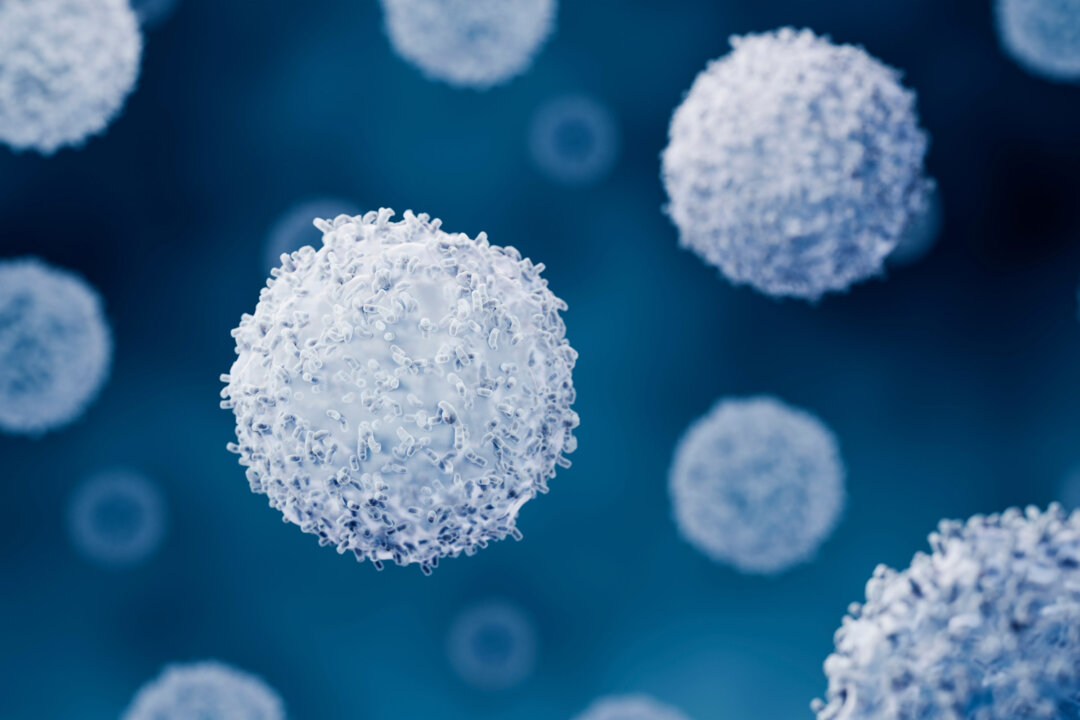Patients with lupus have an imbalance in a crucial chemical pathway in their bodies, according to a Nature study published on Wednesday. Current lupus treatments often target symptoms or broadly suppress the immune system, leading to side effects. The researchers believe targeting the specific chemical imbalance identified could more effectively treat lupus without systemic immunosuppression interventions.
AHR is a key protein involved in the imbalance of immune cells in lupus patients. It regulates the body’s response to environmental pollutants, bacteria, and metabolites. While AHR is present in all cells, it is not always active.

Researchers found that lupus patients have reduced AHR activity. This reduction leads to an increase in follicular and peripheral T helper cells, which are involved in inflammation and autoimmunity. Dr.
Jaehyuk Choi, the study’s senior author, explained to The Epoch Times that AHR can be compared to “a molecular switch” that determines the fate of immune cells. Dr. Choi and Dr.
Deepak Rao, another senior author of the study, expressed their surprise at discovering that AHR could be vital in reversing autoimmunity, given that the receptor has no known connection to it. Dr. Rao added that it was initially surprising to find that a T-cell involved in wound healing would be the opposite of an autoimmune T-cell.
In lupus, the patient’s body produces autoantibodies, antibodies that attack self-tissues. B-cells generate these autoantibodies und.























